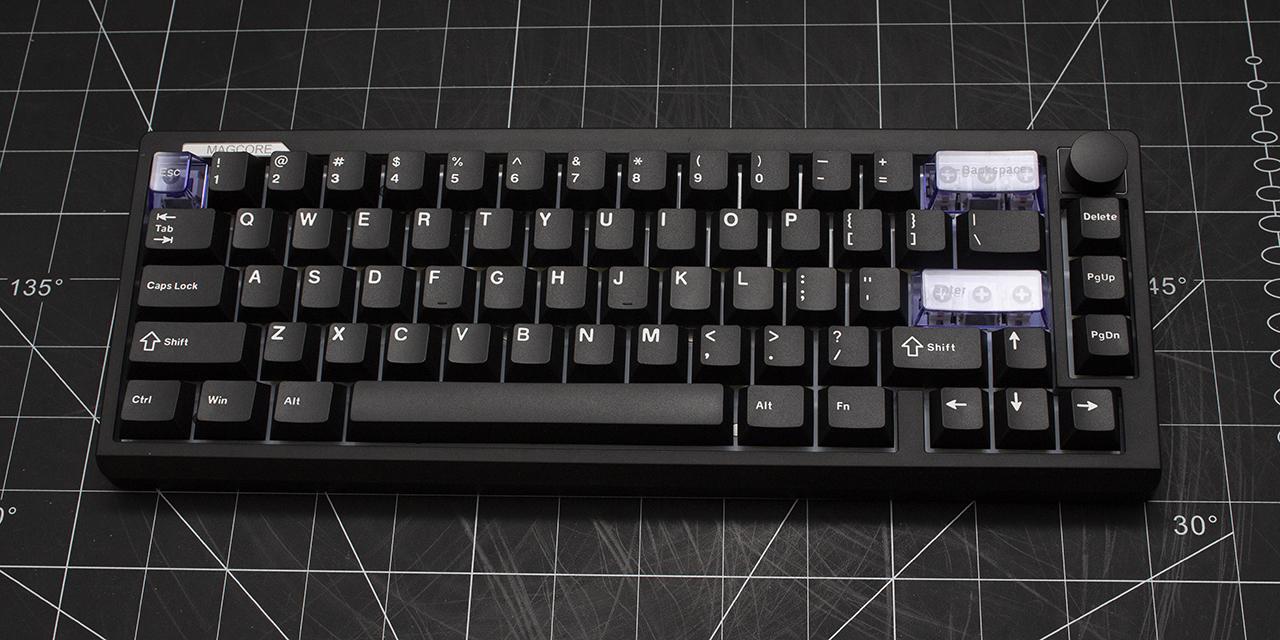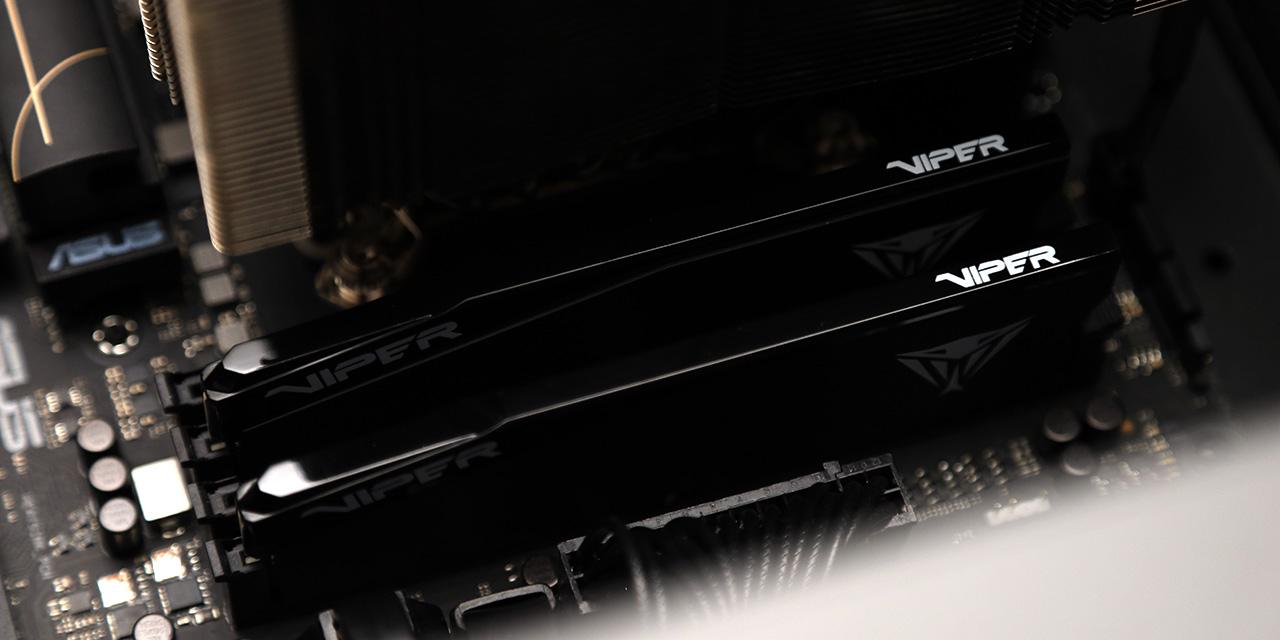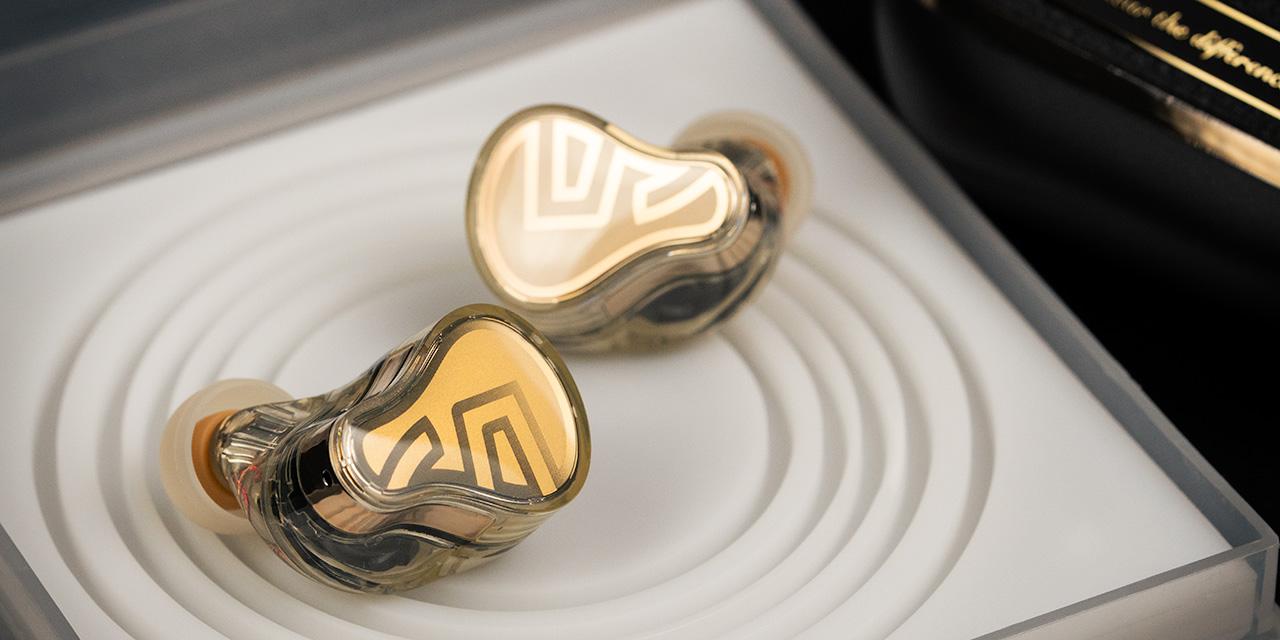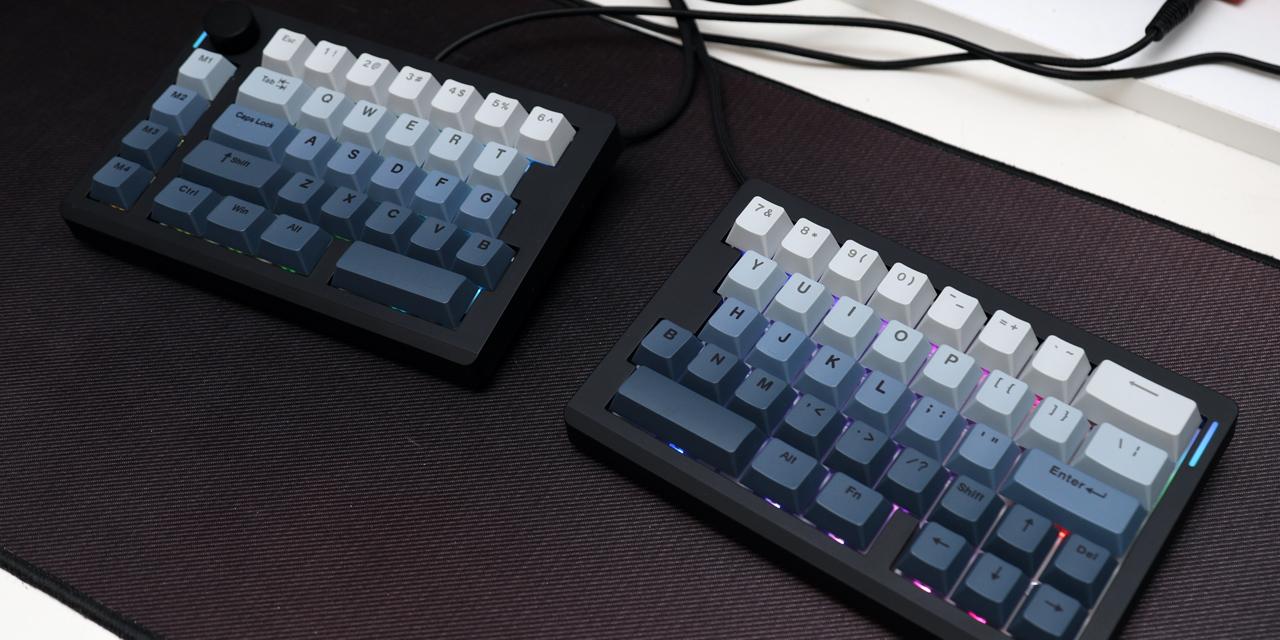|
From X-bit Labs: The Wireless USB (WUSB) promoter group has announced the completion of the Wireless USB 1.1 specification, the technical guideline for product developers to bring the next generation of Wireless USB products to the market. The specification that was originally scheduled to arrive in 2008 is more than two years late. The new spec delivers better performance, lower power and other improvements. Wireless USB 1.1 delivers "key performance enhancements" to WUSB technology, as well as added UWB upper band support for frequencies of 6GHz and above, and offers backward compatibility with Wireless USB products currently in use by consumers. Wireless USB is evolving with optimized power efficiency and ease of use, lower idle power requirements and improved battery life. Besides, the new association model offers support for near field communication (NFC) and proximity-based association, making Wireless USB even easier to install and use. Wireless USB is a wireless personal interconnect technology combining the speed and security of wired high-speed USB with the ease-of-use-of wireless technology. WUSB 3.0 is backward compatible with wired USB, allows users to connect up to 127 devices and currently delivers a bandwidth of up to 480Mb/s at 3 meters and 110Mb/s at 10 meters (there are talks about 200Mb/s support). Wireless USB is based on the WiMedia Alliance Ultra-wideband Common Radio Platform (UWB). “The Wireless USB 1.1 specification is the next step in Wireless USB technology. Consumers want a fast, easy-to-use solution to wirelessly transfer content from PCs to devices. Wireless USB 1.1 is the solution supporting robust, high-speed wireless connectivity among devices," said Jeff Ravencraft, USB-IF president and chairman. The Wireless USB promoter group consists of seven companies: HP, Intel Corp., LSI Logic, Microsoft Corp., NEC Corp., NXP Semiconductors and Samsung Electronics. View: Article @ Source Site |
 |
Wireless USB 1.1 Delivers Key Performance Enhancements
© Since 2005 APH Networks Inc. All trademarks mentioned are the property of their respective owners.





